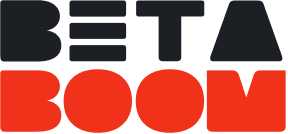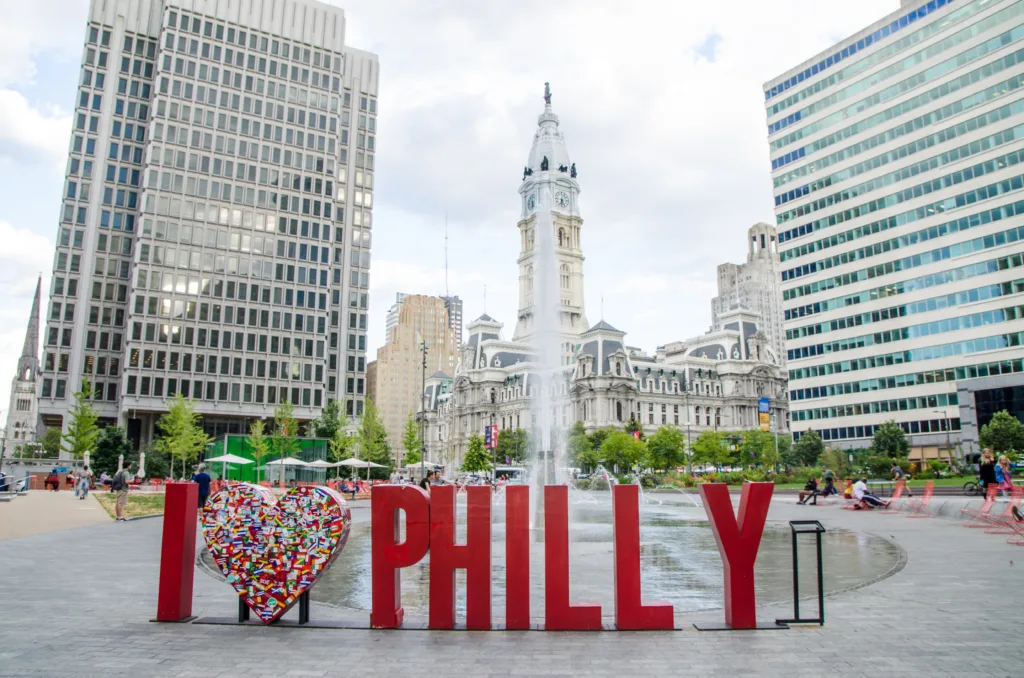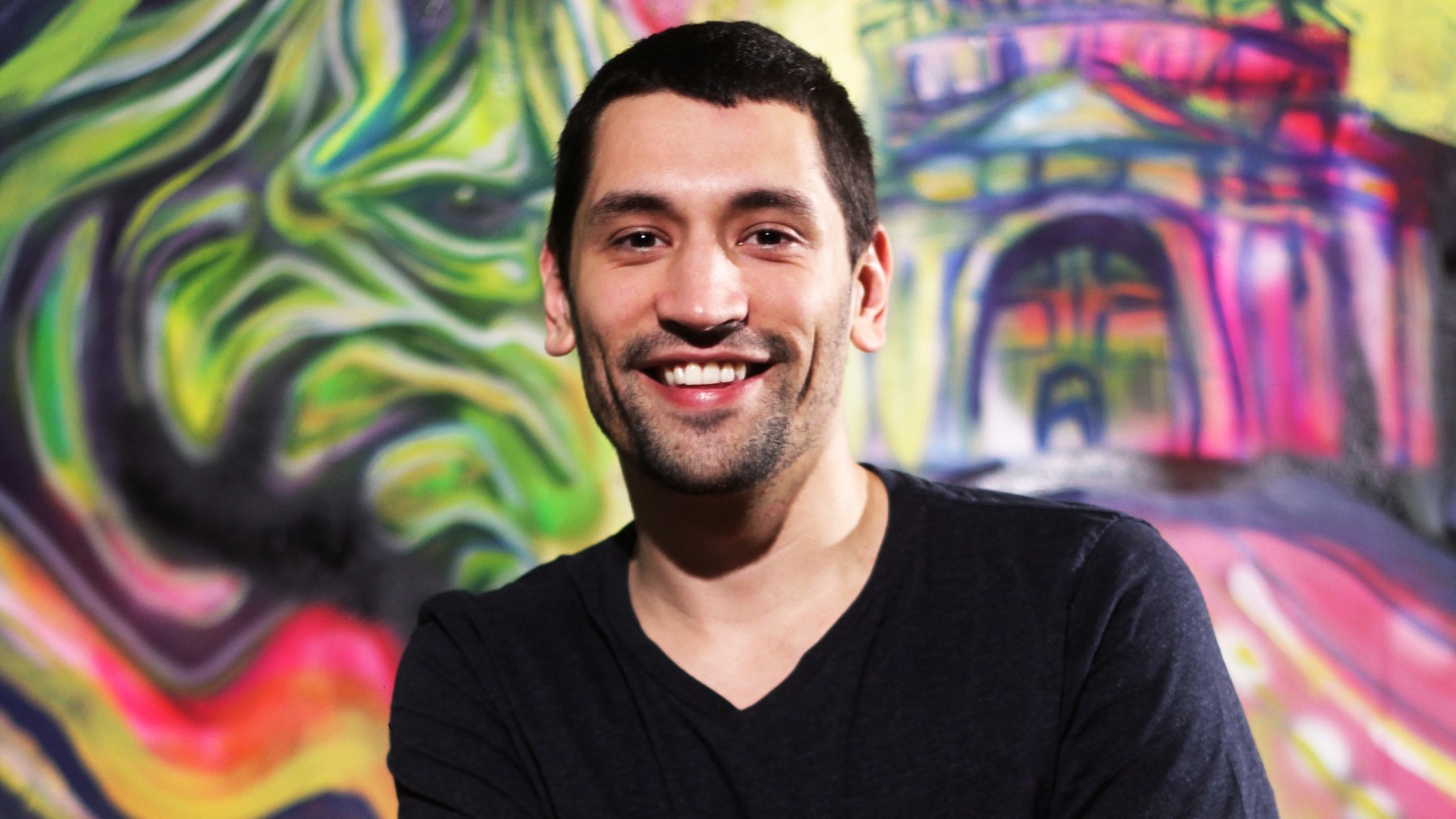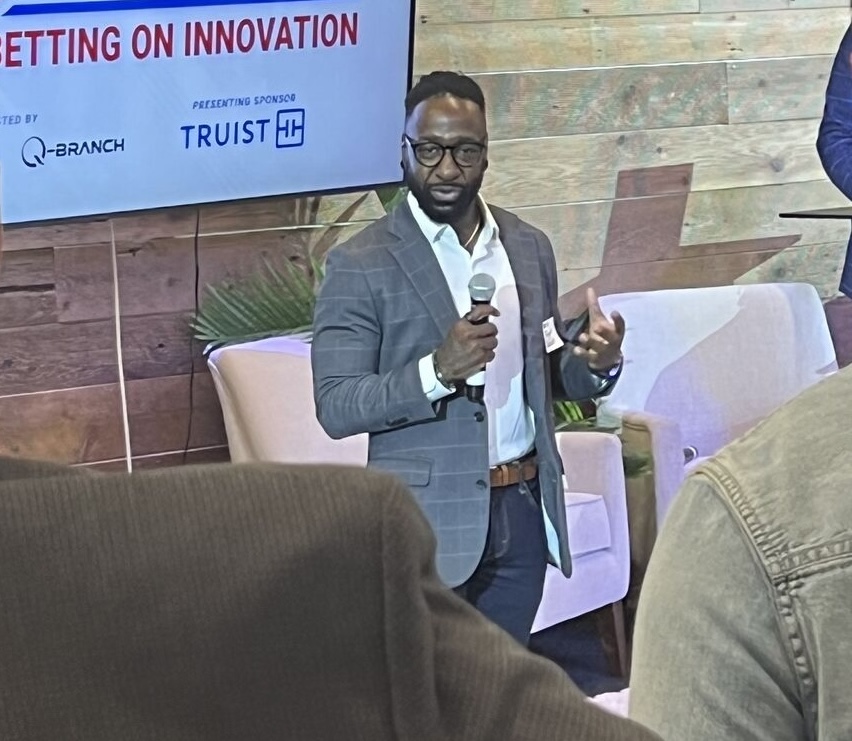These days, it feels like every state has its own twist on Silicon Valley. For the city Philadelphia, the tech hub has earned itself the nickname of "Cellicon Valley."
Philly has consistently ranked among the 10 best life science markets and was ranked as one of the world’s best places to found a startup. In 2023, the region earned its place as an Economic Development Administration (EDA) tech hub, specifically for precision medicine.
Known for its breakthroughs with cell and gene therapy, a treatment that uses cells or genetic material to treat or prevent disease, the tech hub is respected worldwide.
“Our embedded, differentiated advantages over anywhere else,” says Scott Nissenbaum, the President and Chief Executive Officer at Ben Franklin Technology Partners. “The people, the dollars, the gritty culture, the head start isn't going away.”
This has become a hub to build a startup from the ground up due to the area’s commitment to nurturing the growth of exceptional talent and businesses.
With so many opportunities in life science, it is easy to see why it has become a destination for blossoming healthtech startups.
It’s in Philly’s Genes
For decades, the Greater Philadelphia area has been a leader in gene and cell therapy. The tech hub’s early contributions in viral vector development, gene delivery systems, and clinical trials can be connected to the current explosion in biotech innovation.
In a watershed moment for Philadelphia’s booming life sciences industry, Dr. Katalin Karikó and Dr. Drew Weissman won the 2023 Nobel Prize in Physiology for Medicine for their work on mRNA technology.
Today, thanks to massive investment from the public and private sectors, the Philadelphia region is renowned worldwide as a leader within the biotech and life sciences industries and boasts around 60 of the world’s estimated 500 cell and gene therapy companies.
“I don't think there's a better place in terms of balancing everything,” says Nissenbaum. “There's 128 universities within Philadelphia, more than any other city in the US and we've got an incredible tech ecosystem.”
Advantages of Cellicon Valley
The Philly tech hub is experiencing growth like never before.
In one of its most comprehensive studies, the Chamber of Commerce for Greater Philadelphia commissioned the 2024 report, “Leading the Way: Cell and Gene Therapy in Greater Philadelphia.”
The report highlighted how Philly has grown into a biotech juggernaut. The area ranks #2 nationally in National Institutes of Health (NIH) funding for cell and gene therapy, as well as taking the top spot for gene therapy.
The industry’s rapid growth is evident in its capital investments. Since 2018, 547 life sciences companies in the region have raised $18.7 billion, with $8 billion focused on cell and gene therapy.
But that’s just the start.
All-in-One
The Philadelphia region provides a seamless path for biotech startups by offering everything a growing business needs.
“We look at the Philadelphia region as an incredible place, and we do a really good job of getting [founders] started,” Nissenbaum explains. “For most companies, we can get you to the exit or the IPO without going there, and that has never been more true than today where remote work and location.”
The region has specialized spaces for each growth stage: from launching at the University of Pennsylvania to working through the incubation and graduation stages in University City, and establishing manufacturing at the Navy Yard.
Additionally, startups in the Philly region can find essential real estate for each stage of development.
For Nissenbaum, he sees Philly as a “living laboratory.”
“Not only can they make it here, we can manufacture it here, we can create the workforce around it, we can validate it here through clinical trials, and we create companies to help move it forward.”
Collab
Philly prioritizes collaboration and it has resulted in prosperity for all. The local government has made it clear that supporting the tech hub and its partners is a top priority.
The hub fostered partnerships like the Cell & Gene Therapy and Connected Health Initiative, which features partners including companies, institutions, and universities. They also support programs like the Science Center’s FirstHand program for high school students exploring STEM.
Local institutions include the Coriell Institute, Christiana Care Gene Editing Institute, Temple University, which all contribute a steady stream of scientific discoveries and technical expertise. The area is also home to numerous acclaimed research institutions, including the Children’s Hospital of Philadelphia and University of Pennsylvania Perelman School of Medicine.
“We can work together to make things faster, more efficiently, and get it out to the people that need it in a more -- not just a cheaper way, in a faster way, but a more equitable way,” Nissenbaum explains.
Workforce
With the large number of schools in the area, there is a consistent flow of talent.
“[Finding a workforce] is one of the things that we built into our tech hub – the next generation of workforce from all sources,” explains Dr. Anthony Green, Chief Scientific Officer at Ben Franklin Technology Partners. “That's how you start to build the economic stability and resilience of a region.”
But a recent study indicates that there is one roadblock to retaining talent: job openings.
In the 2024 Global Commercial Real Estate Services (CBRE) Scoring Tech Talent Report, Philly found itself ranked at No. 24 in North America and No. 18 in the U.S., dropping two spots lower when compared to 2023.
The decrease came as area universities added more than 30,000 graduates with tech degrees to the workforce, leaving them fewer opportunities to find employment in the region.
Maintaining the Vision
Together, the government and investors have created the components to sustain a strong tech hub: access to educational and government institutions, a talent pool, venture capital, and real estate.
“The fact remains that the concept, the vision hasn't changed, that we can start here,” Dr. Green concludes. “The new technology that's coming out of the research institutions is mind-blowing.”.






